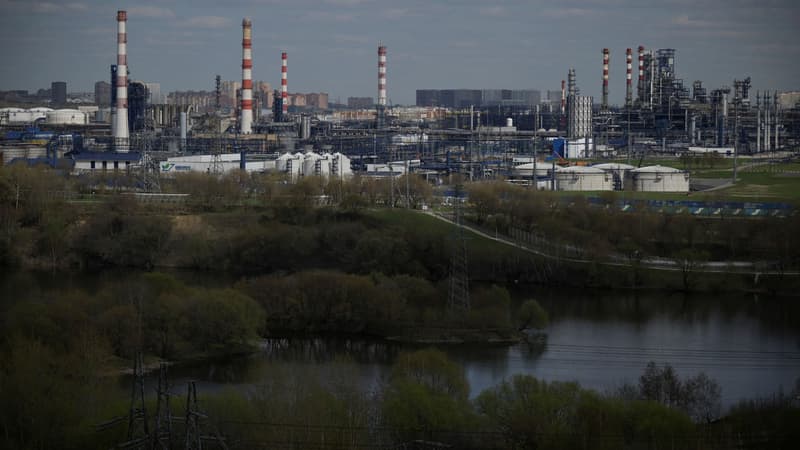Should Russia be further punished by lowering the maximum purchase price – set by the G7 and later validated by the European Union at $60 – for a barrel of Russian crude? The idea is gaining ground among European representatives.
Ukraine called for stricter rules yesterday, through its Foreign Minister Dmytro Kouleba. The Kiyv government estimates that the price of Moscow’s Ural crude is already below $60, which would not allow the partial embargo to sufficiently constrain Russian finances. And claim a price set at $50 to affirm the Western effort.
The European Union had set a schedule for a biweekly review of the mechanism, starting the process in mid-January. The goal is, as Bloomberg reminds us, to keep the Ural price at least 5% below the market average.
More recently, Estonia and Poland are lobbying behind the scenes to revise the price, while Germany, mindful of its energy dependency on Russia, does not want to disrupt markets by causing a supply shock. Discussions will resume at European level next week.
A possible advance will have to wait for the unanimous validation of the G7: but the United States remains reluctant to initiate a new modification of the sanctions. Washington, a major crude exporter, does not want prices to fall and prefers to wait. The embargo will be extended in February to refined products – therefore, in particular to diesel – and could have even greater consequences on the Russian economy at that time.
160 million euros per day
The effects of the embargo remain indisputable for the moment: if questions surrounded its implementation and its potential effectiveness, the price of Ural has fallen against North Sea Brent, the benchmark for the European market. The differential between the two barrels is now over $30, an all-time high, and ten times higher than it was before the invasion of Ukraine. Specifically, the gap has widened by an additional $10 since the embargo was implemented.
The pressure is strong on Moscow: according to the Helsinki-based Center for Research on Energy and Clean Air, the country is running a deficit of 160 million euros a day. The future embargo on refined products should cut €120m in additional daily revenue, bringing hydrocarbons revenue to €540m a day at the beginning of February, up from nearly doubling in May 2022.
But Moscow depends on hydrocarbons to finance 40% of its budget: last year, thanks to the diversion of flows to Asia and the very high world prices, the Kremlin had pocketed some 168,000 million dollars in income. This did not prevent it from suffering a public deficit of 2.3%. In January, Vladimir Putin argued, however, that there was no reason to “worry about the budget”, calling the ceiling “stupid”.
Source: BFM TV


